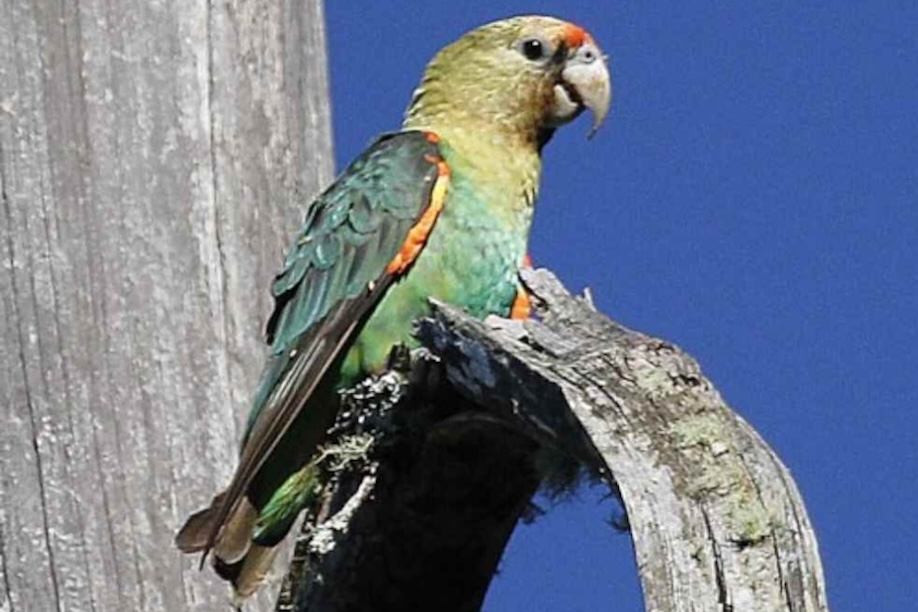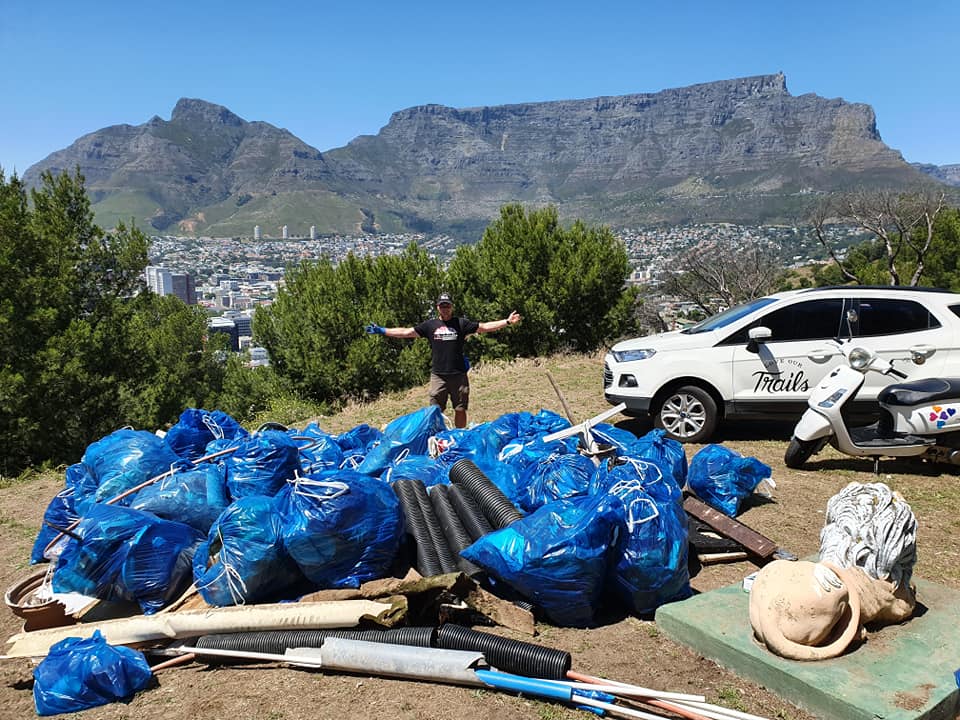
Project to save the Cape Parrot gets helping hand from Brownie Points
The phrase “one good turn deserves another” is playing itself out in reality in joint efforts to save the critically endangered Cape Parrot as well as its natural forest habitat. The Wild Bird Trust’s Cape Parrot Project, a non-profit organisation committed to saving the South African endemic Cape Parrot is being helped by the Africa-wide aid organisation (and CN&CO client) Brownie Points.
With a population of less than 2 000 in the wild, the colourful bird is endangered due to destruction and degradation of its forest habitat. The Cape Parrot Project aims to conserve the Cape Parrot through research and habitat restoration efforts, with community involvement being viewed as an integral part of future success.
The Cape Parrot has been named “bird of the year” by BirdLife South Africa for 2023.
The Cape Parrot is dependent on large indigenous trees, particularly Yellowwoods, for food and as nesting sites, using existing cavities to lay eggs. South African forests are degraded due to historic selected logging. Consequently, half of South Africa’s forest-dependent bird species have shown declining ranges, for this and other reasons.
Brownie Points, which empowers, tracks and celebrates good deeds and works tirelessly to ensure nonprofits achieve success and fulfil their mandates, is helping the Cape Parrot Project with site maintenance and forest restoration work in the Cape Parrot’s habitat. They employ a team, which is seconded to the CPP which focuses on assisting with alien vegetation management, the encouragement of natural regeneration and planting of indigenous species.

Dr Kirsten Wimberger, director of the Cape Parrot Project and trustee of the Wild Bird Trust, said Brownie Points and its partners are creating purposeful work while creating social and environmental value.
“Brownie Points has significantly bolstered our reach and enabled us to achieve our goals and longer-term deliverables. “The Brownie Points team has worked on mostly alien vegetation management of previously planted sites which were heavily invaded with exotic species. This is critical as we monitor and maintain these sites to ensure maximum tree survival and successful habitat restoration.
The team has worked on four sites in and around the Hogsback area.
“In particular, the Madonna and Child site in the Department of Forestry, Fisheries and Environment’s Auckland State Forest was in a poor state. It is a popular tourist destination, and it has been wonderful to see the major difference the team has made to the site and the conservation outlook there,” says Kirsten.
Brownie Points helped to clear a total of 7.5ha and species removed included The Blackwood (Acacia melanoxylon), Bramble (Rubus sp.), Pine (Pinus sp.), Black wattle (Acacia mearnsii) and Kahili Ginger (Hedychium gardnerianum).
“The employment of 12 community members in and around the Hogsback area by Brownie Points has been a very meaningful opportunity for the Cape Parrot Project and the whole community.
“There are very high levels of unemployment in this part of the Eastern Cape and applications for these roles have been oversubscribed by 400%. We have been unexpectedly pleased with the performance of the Brownie Points team as a whole – they have been punctual and hardworking and have fitted in with the Cape Parrot Project team
very well.
“The team has worked in many trying weather and field conditions. They are very grateful for the opportunity to support their families as many are the only breadwinners. In addition, there has been real improvement in skill levels – many of the team had not worked before and had to learn very quickly to do very labour-intensive work,” concludes Kirsten.
Feature image: 📷 Graham George Russell






